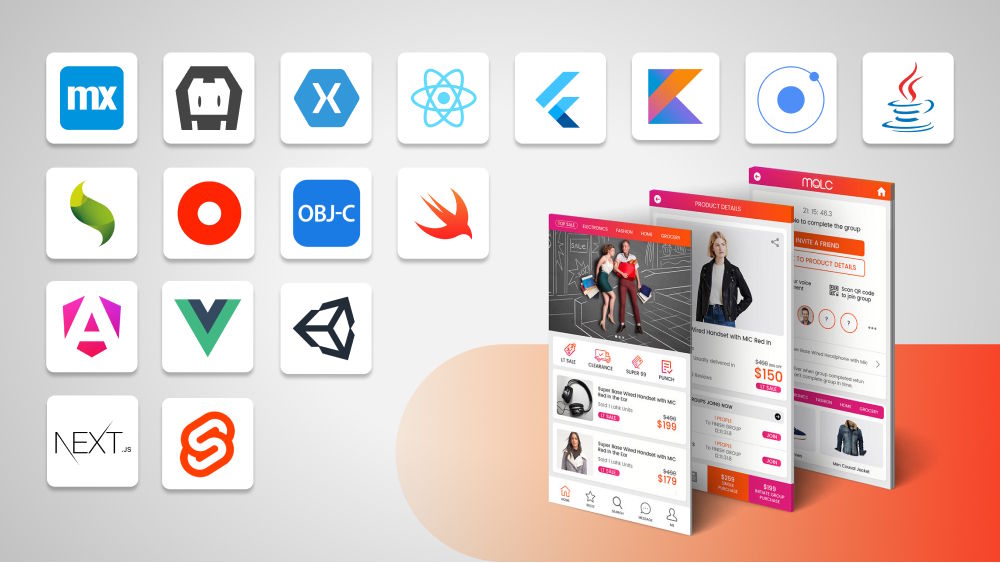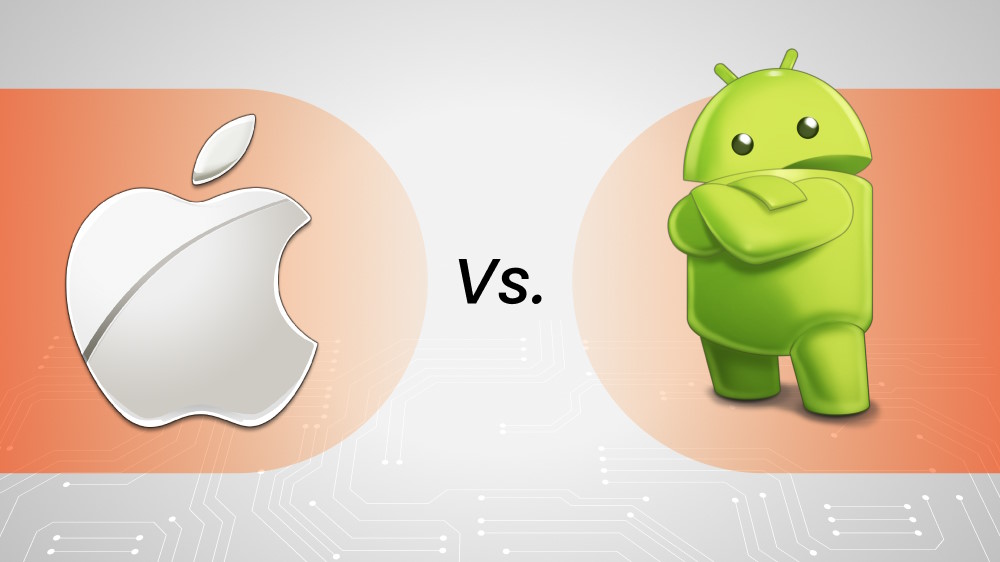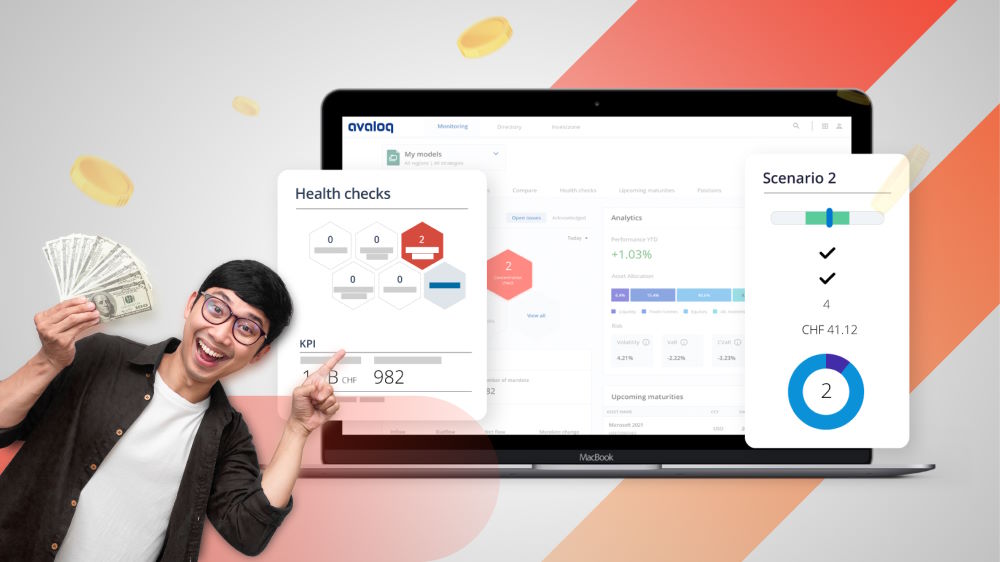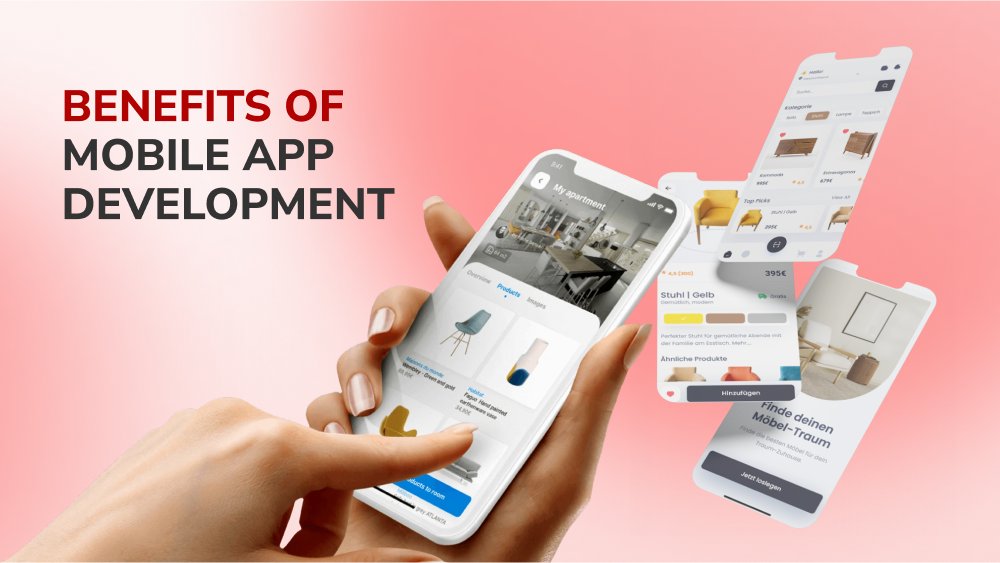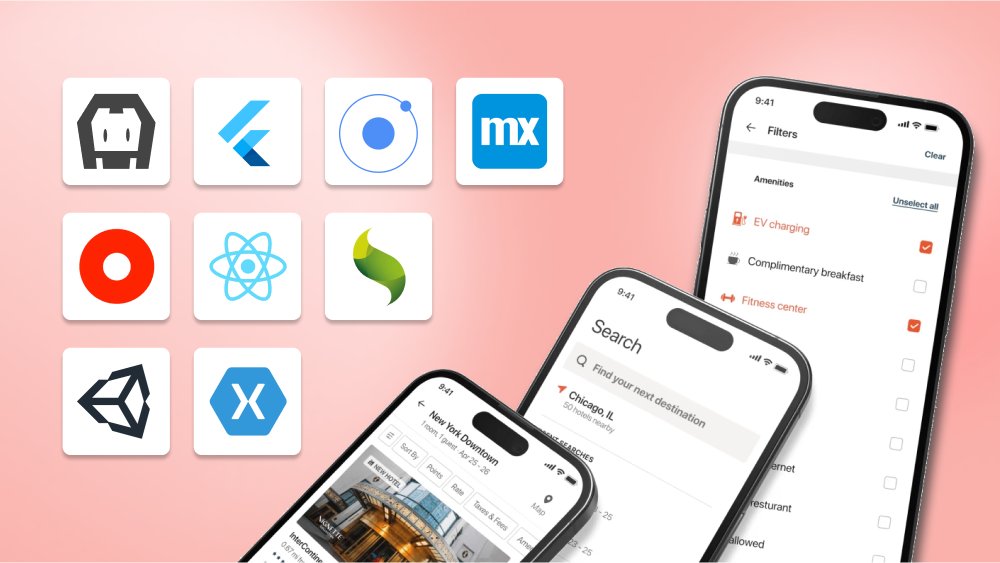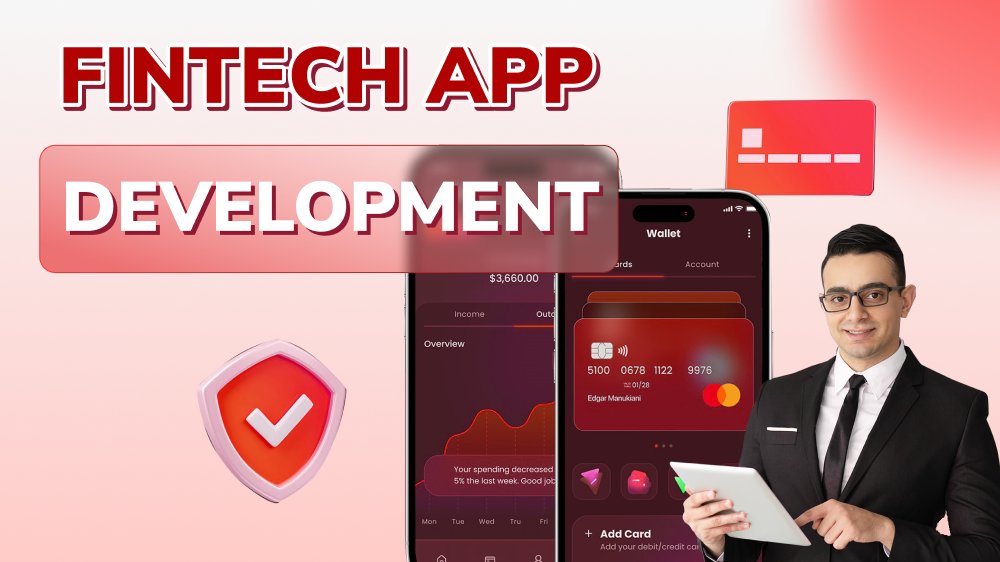Build Accounting Software: The Key to Streamlining Your Business
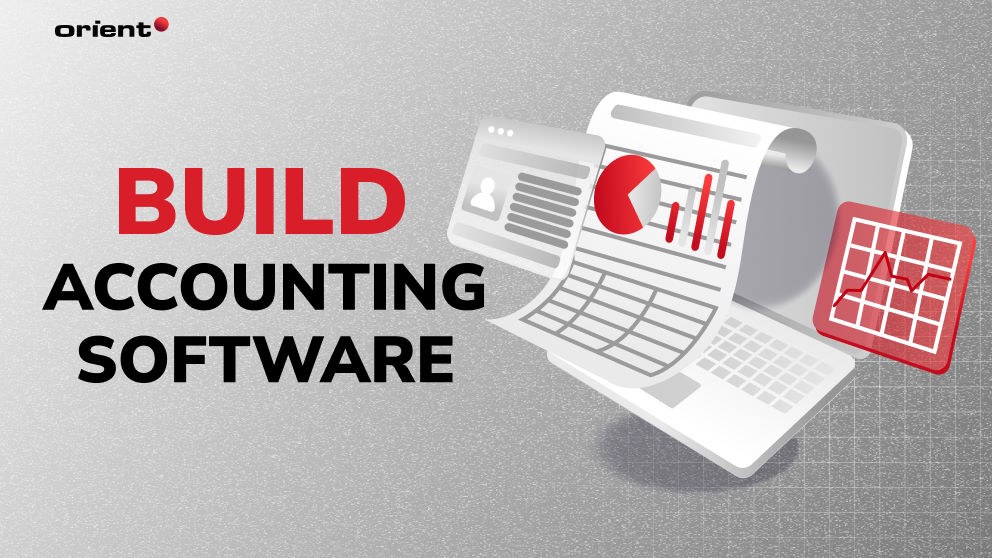
Content Map
More chaptersAccounting provides a business with an overview of its costs and earnings, profits and losses - an overall systematic record of the business’s financial information. It’s a systematic way for businesses to keep track of their financial information. Keeping accurate, complete, and consistent records gives businesses an idea of how well they’re doing over a certain time period.
However, manually handling accounting processes is error-prone. The consequences can be damaging - which is why automation in accounting has been trending up.
Organizations, however, are still hesitant to invest in accounting software. This is partially due to the fact that the current software is unable to meet the accounting needs of the organization. As a result, many businesses have opted to build accounting software from the beginning and tailor it to their specific requirements. This article will discuss the significance of utilizing accounting software to simplify business operations and increase productivity. We will also outline the various features of the software, the accounting software development process, and how it can help businesses save time and money.
What Does Accounting Software Do?
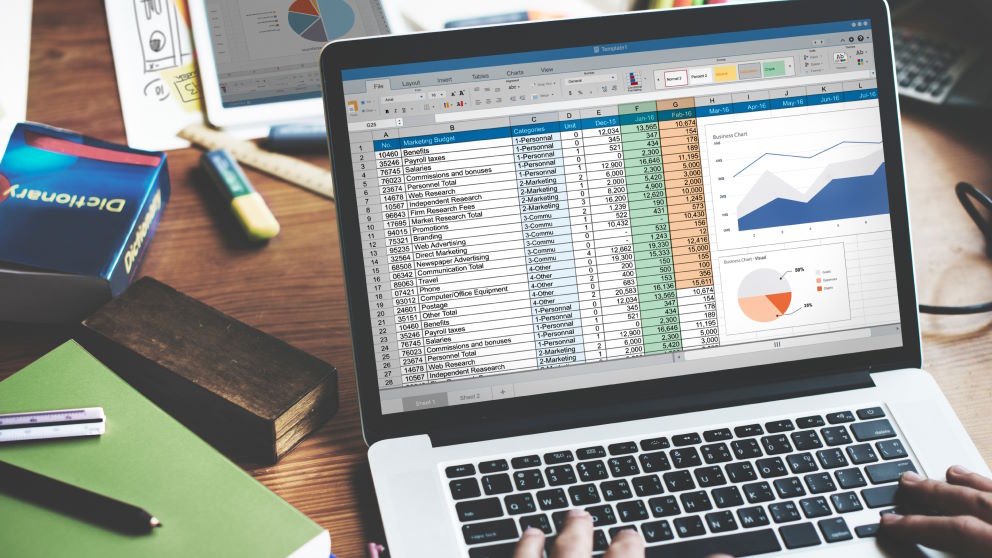
Definition
Accounting software is the software used by bookkeepers or accountants to record and report a firm’s financial transactions. Accounting software facilitates the execution, understanding, and analysis of accounting calculations. It also facilitates the retrieval of old accounting data, which is beneficial for internal and external audits. Less office space is needed as it eliminates the need for physical paperwork, which also saves on office space costs.
The features of accounting software alter depending on the product. Larger companies may opt for a one-size-fits-all solution that integrates data from multiple departments. On the other hand, small businesses often opt for a generic product.
Types of Accounting Software
Before diving into the process of developing your custom accounting software, you need to first choose the kind of software for your business. There are four common types of accounting software.
Spreadsheets
Google Sheets and Microsoft Excel are examples of this type of simple accounting software. It is suitable for small businesses - you can easily enter data, modify, and share it. However, it is also error-prone: data might be entered in the wrong cell, and one or two columns might accidentally be deleted, resulting in an inaccurate financial statement. Therefore, spreadsheets are not a suitable choice for medium or large enterprises.
Commercially-Available Software
If you are not yet confident in developing accounting software from scratch, you can try considering commercially available software. This kind of software is the most commonly used globally. This kind of accounting software allows limited customization, alerts users of errors, and generates standard reports.
Enterprise Resource Planning Software (ERP)
ERPs act as a centralized data center where you can find all the business-relevant information. This eliminates the need for specialized software across multiple departments. ERPs are used by large enterprises with complex financial operations. Examples of ERP software are NetSuite and Oracle.
Custom Accounting Software
This kind of accounting software is chosen by businesses that have specific needs that existing commercial software cannot meet. A custom accounting system allows staff to be more productive in their daily tasks.
This option, however, can also be more costly and time-consuming. With the help of the right accounting software development company like Orient Software, this won’t be such a daunting task anymore.
Developing Accounting Software: What Problem Does It Solve?

In a survey by Sage, 83% of accountants said that in order to remain competitive, they must keep up with technological advancements. Five to ten years from now, according to 51% of respondents, IT skills will have the biggest impact on the workforce.
Technology advancements play an important role in every industry, and accounting is no exception. An increasing number of enterprises have become aware of the adoption of technology. However, what particular pain points does custom accounting software development solve?
Time
Certainly, accounting requires a great deal of attention to detail. With the automation of numerous tedious, repetitive tasks, staff are freed up time and space to focus on the bigger picture and work on other strategic tasks.
Human Error
Without the help of technology, it is almost impossible for humans to be accurate 100% of the time, even if they are experts in their field. Therefore, having your own accounting software in place eliminates, or at least significantly reduces, the expensive errors that manual data entry and calculator might bring about.
Centralized Data
Gone are the days of going through dozens of files to pull out that one number you need for the report. If you create accounting software, it means that you have all your financial data consolidated in one place. Reports are consistent, and you gain a bird’s eye view of the organization’s performance.
Keeping Track of Intercompany Transactions
In large and complicated business systems, one branch may use assets from another branch to assemble the final products. This leads to duplicate entries, which leads to incorrect financial statements. Accounting software provides insight into the economic impact these branches have on one another.
Basic Features of Accounting Software
In order to develop accounting software successfully, not only should you work on features that meet your specific business needs, but you also need to pay attention to its top must-have features.
Tax Calculations
Let your accounting software take care of the complicated tax processes, especially as your business expands.
Payroll
Working on payroll can be stressful and confusing, especially if you need to pay a mix of full-time employees, part-time employees, and freelancers. Strong accounting software will take care of the payroll process in the given time period, including taxes and bonuses.
Multi-currency Support
Every business goal is to expand globally. Therefore, it is important for your accounting software to be able to deal with multiple currencies and exchange rates.
Invoices Processing
Timely payments are crucial. Accounting solutions handle the invoices for you and put them in order. You should also consider other functions like sending invoices in-app, a print button, and data storage of your customer’s details.
Reports
There is a plethora of reports that need to be generated weekly, monthly, quarterly, and annually. Working on reports easily eats up a huge chunk of time. Have your accounting software take care of the financial data and generate the reports automatically.
Integration with Other Platforms
Even if you aim to keep the accounting software simple with the absolutely necessary functions - remember to integrate it with other platforms like e-commerce, banking, or e-filing platforms. This is especially crucial when your business grows larger in the future.
Electronic Payments
You should integrate credit card payments, mobile wallets, and other electronic payment methods into your app so that users can make payments straight from their bank accounts.
Robust Data Protection
Every accounting software program deals with sensitive data. Therefore, it is crucial to shield the data from malicious intents using numerous methods like encryption, multiple access levels, a changelog, and backup.
Expenses Tracking
Strong financial management comes with expense tracking. In order to keep the business’s financial health in check, the accounting software needs to keep the receipts in check while also calculating expenses based on regular payments.
Accounting Software Development Process
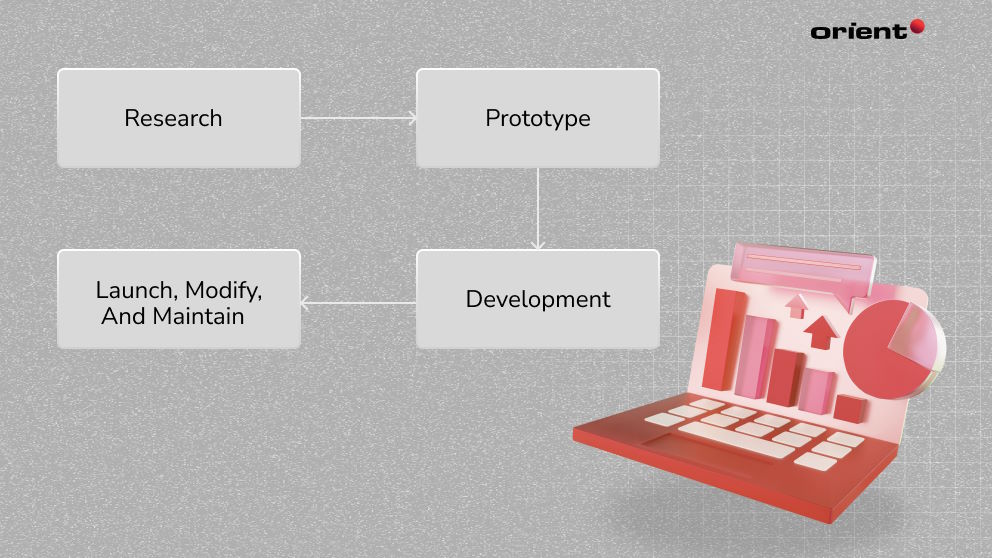
No two accounting programs are the same. Even then, no matter what kind of accounting software you are working to build, be it a web-based accounting software or entirely customized accounting software, there are some basic steps you’ll need to follow.
Research
Every project starts with careful and thorough research. Try to be as detailed as possible about the software’s goal, type of software, budget, resources, features, and timeline. What are the possible pros and cons of the chosen type of software? Have you considered all the pros and cons?
Prototype
After drawing up a detailed plan of your expectations, it is time to build a prototype of the software. This step comes before you start coding your custom accounting software. It’s important to create a model of what your product will look like. At the prototype app development stage, you should identify key features that will offer core benefits to your clients and validate your ideas. During this stage, the client and app development team will work closely to ideate, negotiate, and modify the development plan to fit the product model.
Development
It is finally in the development stage. Once your bookkeeping software program prototype is ready, the accounting software developers will get to work. One critical decision to make is where to host your custom accounting software.
You can choose on-premises hosting, which is more expensive and harder to upgrade, or web-based accounting software, which offers more flexibility and easier updates. Alternatively, cloud hosting is a great choice for small businesses, as it provides a service that eliminates expensive infrastructure investments. SaaS accounting software (SaaS is short for software as a solution) for small businesses provides scalability and flexibility, and coding continues once the hosting type is chosen. The team writes code, performs tests, and prepares the program for public release. By choosing the right hosting and development team, you can ensure your accounting software is efficient, secure, and meets your business needs.
Launch, Modify, and Maintain
After all the hard work, it is time to launch the software. Keep an eye out for feedback and make adjustments as needed.
Accounting Software Development Cost
As mentioned earlier, no accounting software projects are alike, which means the costs of software development vary. Some factors that might impact on the costs include the type of software you choose, the number and complexity of the features, and the expertise of the hired developers. The cost ranges anywhere from $20,000 for a small-budget project to $100,000 or even more for large businesses. The costs also depend on where your development team is based. What we mean by this is that each country’s wages per hour are different, which does affect the ultimate cost of the project.
Outsourcing Your Accounting Software Development Project: Why Not?
Are you tired of dealing with the complexities of accounting software development on your own? Why not work with a team of experts who have years of experience in the field?
At Orient Software, we understand the challenges of software development and aim to take that burden off your shoulders. Simply let us know what you are looking for in a software solution, and our dedicated team of developers will ensure that your software is secure, robust, and scalable. Don’t let the challenges of software development hold you back any longer. Contact us today, and let’s kickstart your project together!

